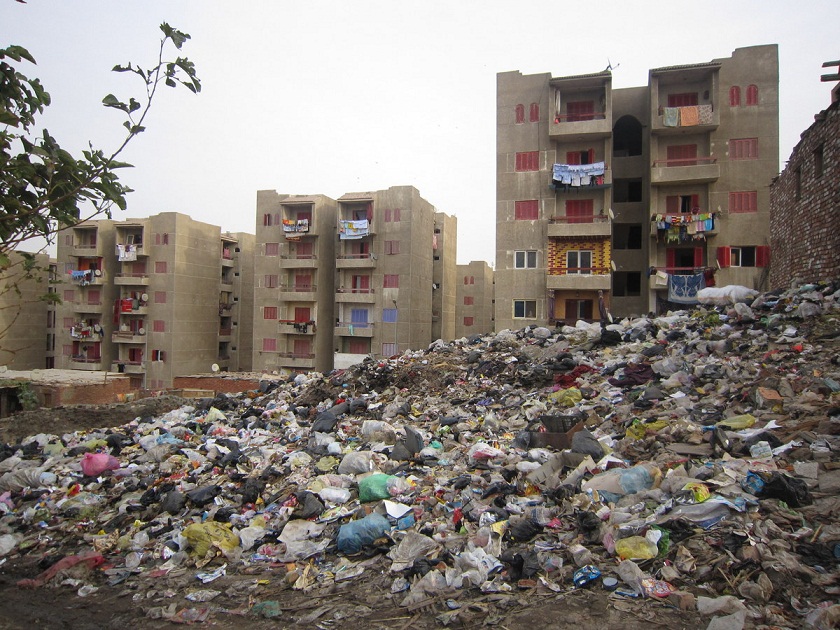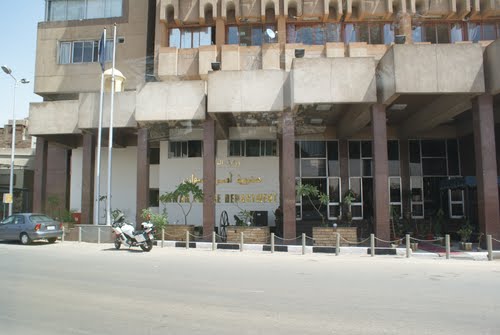Reuters – Lebanon’s new energy minister said on Saturday the government should press forward with its first offshore gas licensing round without further delay and his ministry would not be held up by the country’s political problems.
Beirut estimates it has some 96 trillion cubic feet (tcf) of natural gas reserves but political dysfunction has prevented it from kick-starting exploration and development of the sector.
Disputes over a new cabinet left Lebanon without a fully functioning government for about ten months, leaving in charge a caretaker government that said it could not approve decrees needed to start bidding for energy blocks.
Politicians put together a new cabinet last month but it has yet to approve the decrees because it must first get a vote of confidence in parliament for a general policy statement that is still being worked out.
Speaking at an economic forum in Beirut, Energy Minister Arthur Nazarian said the ministry was nevertheless committed to developing the sector, which many officials see as a way for Lebanon to deal with its debt and rampant power outages.
“We assure that the ministry of energy and water will not stop when difficult political situations occur in the country,” he said.
Seismic surveys have indicated the possibility of “promising” offshore oil and gas finds and a second stage of land surveys is underway, he said, urging the government to capitalise on the progress made so far.
“The current government should preserve the high level of credibility Lebanon now enjoys in this field and immediately initiate approval of the decrees linked materially with the first licensing round,” he said.
The decrees that need to be approved include ones that would define the blocks and specify conditions for production and exploration agreements.
The bidding round for exploration and production has been delayed three times already. April 10 is the current date set for them to begin.
The previous energy minister, Gebran Bassil, had said the latest delay would be the last and that bidding would go forward whether the decrees were approved or not. But with the new government, it is not clear if that is still likely to happen.
Forty-six companies have been selected to bid for gas exploration, 12 of them as operators, including Chevron, Total and ExxonMobil.
A dispute over who would run the energy ministry, which has been given extra weight by the potential for gas and oil production, was one of the stumbling blocks holding up the formation of the new government.
The Free Patriotic Movement (FPM), a Christian party allied with the powerful Shi’a movement Hezbollah, had wanted Bassil to keep the portfolio.
In the end the post was given to Nazarian, whose Tashnag party is allied with the FPM.



